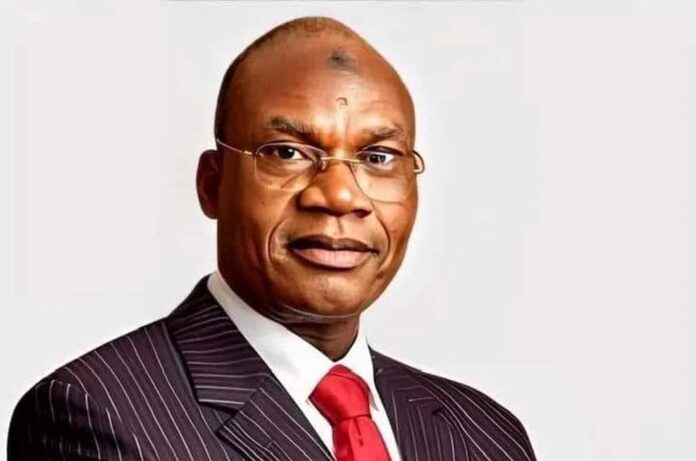Nigeria’s Minister of Education, Prof. Tahir Mamman, has ignited a nationwide debate with his recent decision to enforce an 18-year age limit for students sitting for critical exams like the West African Senior Secondary School Certificate Examination (WASSCE) and the National Examinations Council (NECO). This policy, intended to regulate entry into tertiary institutions, has faced significant backlash from various quarters, including former Vice President Atiku Abubakar and Afe Babalola, SAN. Critics argue that this move could stifle the progress of academically gifted students and encroach upon university autonomy.
The controversial policy has raised questions about whether the Minister is unnecessarily fettering his discretion—an act that can lead to inflexible and potentially unjust outcomes. In a country as diverse as Nigeria, the one-size-fits-all approach of enforcing an age restriction may deepen educational inequalities and stymie the growth of ready and capable students. Detractors are urging a reconsideration of the policy, advocating for a more flexible framework that accounts for both age and academic readiness in university admissions.

